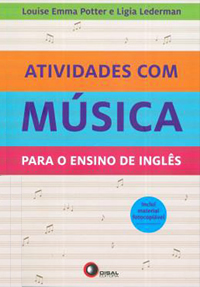The truth of this simple sentence always strikes me when I think about our profession:
"We are not teachers, we become teachers".
Teaching is like a never-ending story. We never get to the bottom of it. There is always something new around the corner, waiting to turn our lives into a constant turmoil. We can never stop studying on account that our jobs consist of helping students learn. Thousands of students with different learning skills, interests and backgrounds are sitting out there, waiting for us to motivate them to learn. Yes! I believe that is our main focus: motivate our students to learn.
Why is lesson planning important?
I consider a good class plan one of the most important first steps of becoming a good teacher, and also a very important step to be able to motivate our students to learn. I like to compare a good lesson plan to a well planned trip: when a trip has been planned in details – problems anticipated, hotels reserved, money saved, weather taken into consideration, tickets issued, etc., the journey is usually a smooth one and we come back with only happy memories.
Our classroom plans are like road maps. They keep our minds focused and objectives clear. They sometimes act as reminders and, at other times, reflections for a coming class. They keep us on track. I can assure you that when a teacher´s mind is focused and on track, students are naturally focused. Your classroom planning is directly related to your student´s learning.
A good lesson plan is easily distinguished from a lesson plan that has not had much thought put into it. Students are misbehaving, no clear objectives are accomplished during the class and language points are not understood.
What must be taken into consideration in a lesson plan?
Lesson plans are not about the pages of the book you will cover during the class. It is neither only about the vocabulary and grammar points your students will use. It goes way beyond that. It is not an easy task; it becomes quite complex, depending on the profile of students you have. However, your students will definitely gain from your detailed lesson plan.
Below, I have numbered some important aspects that should be thought about and noted in your class plan:
Have a good trip!
LIVRO RECOMENDADO
